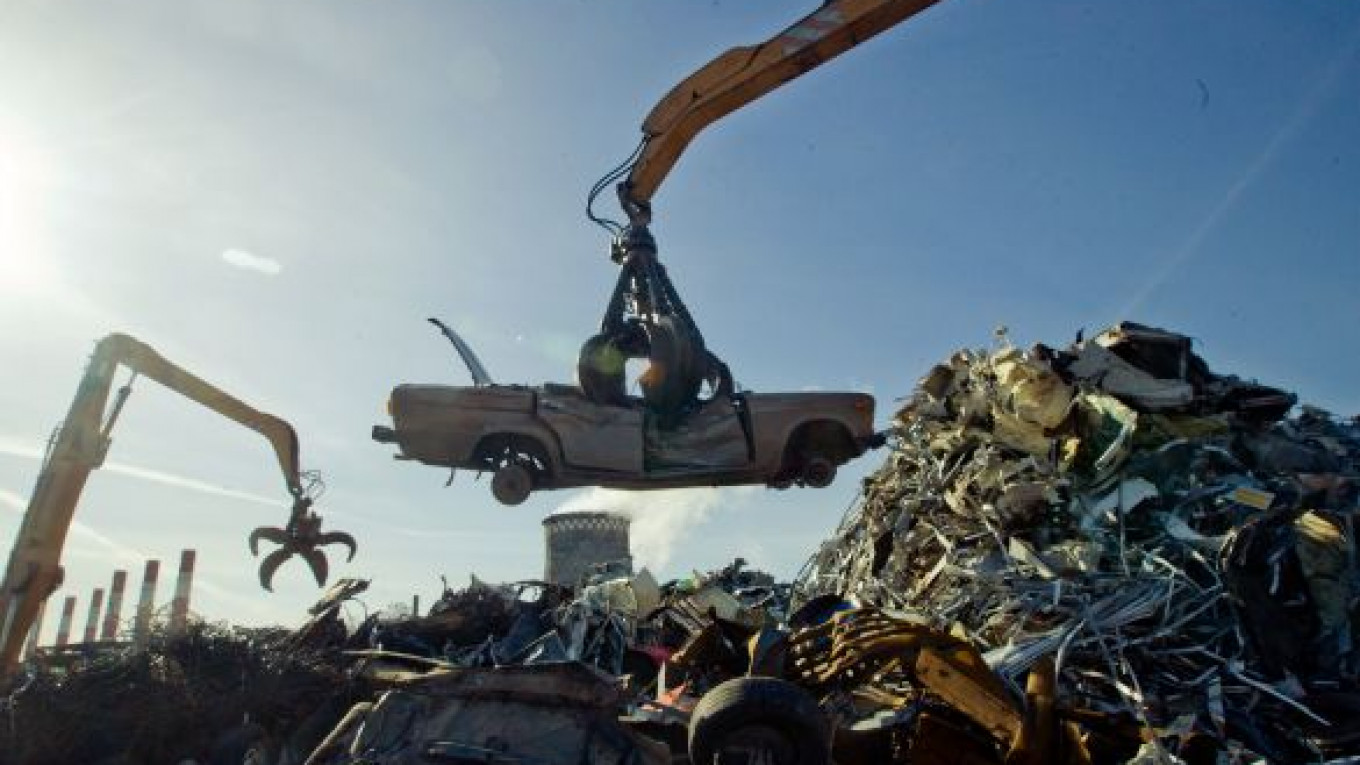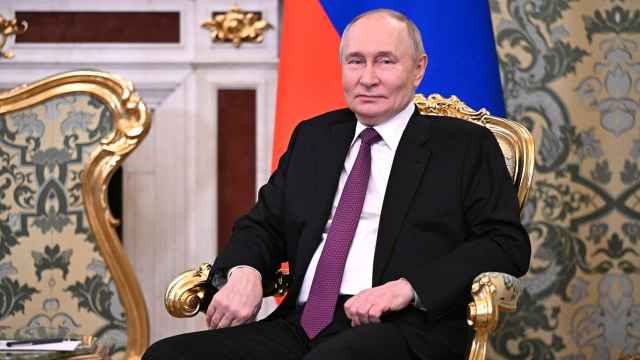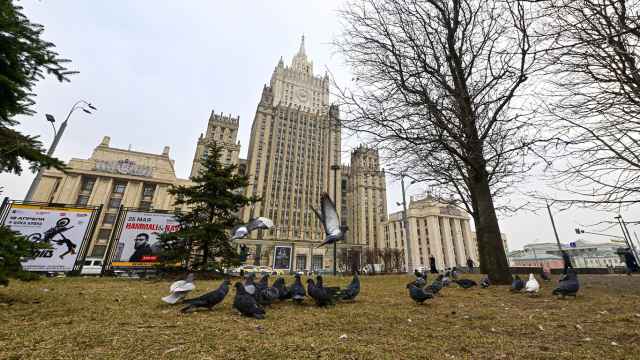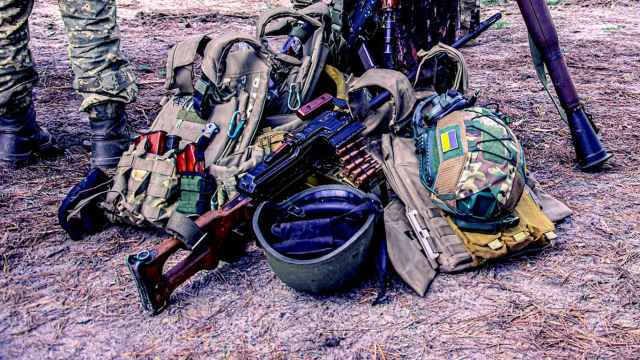GENEVA/BRUSSELS — The European Union launched the first formal trade dispute with Russia at the World Trade Organization on Tuesday, less than a year after Moscow joined the trading club.
The EU has told the WTO it holds that Russia is illegally protecting its carmakers with a recycling fee levied on imported cars, and has given up waiting for Moscow to change the law.
"The European Commission has pursued every diplomatic channel for almost one year now to find a solution with our Russian partners on this matter but to no avail. The fee is incompatible with the WTO's most basic rule prohibiting discrimination against and among imports," EU Trade Commissioner Karel De Gucht said in a statement.
The dispute follows repeated warnings from Brussels about what it sees as Russia's non-compliance and loud dissent within Moscow about the merits of being in the WTO at all.
Joining the WTO is a compact, with the cost of signing up to tough standards offset by the benefits of gaining access to a globally regulated market with guarantees against protectionism.
But Russia's critics say it has never made good on its obligations, and the car levy, introduced nine days after Russia became a member, is one of a slew of non-compliant policies on goods ranging from alcoholic drinks to combine harvesters.
Importing a car to Russia involves paying a fee to cover the future cost of recycling it, a form of green tax. Russian-produced cars, however, are not subject to the same charge, making it, in the EU's eyes, in effect an import tax.
Cutting import tariffs on cars was a major sticking point in Russia's 18-year negotiation to join the WTO. Moscow agreed to do so, but the EU says the recycling fee, collected up-front when a car is imported, effectively cancels out the tariff cut.
The EU says the fee has a severe impact on 10 billion euros ($12.9 billion) of annual exports and says Russia's own estimates show it generates 1.3 billion euros in Russian government revenues.
"We would have hoped that things could have been solved differently," said Frank Schauff, head of the Association of European Businesses in Russia. "We have no illusions about the WTO disputes procedure, which can take years."
The Economic Development Ministry said it had been warned to expect the EU trade action after the Russian parliament failed to pass amendments to the recycling levy before it went into summer recess last week.
Under WTO rules, Russia has 60 days to satisfy EU concerns about the recycling levy by changing or explaining its policy. After that, the EU could ask the WTO to adjudicate, which could force Moscow to change the rules or face trade sanctions.
Other members of the trading club are also suspicious of Russia's commitment to the WTO, where it has yet to appoint an ambassador.
Last month, the U.S. Congress told the U.S. Trade Representative to report back within six months on Moscow's WTO compliance and to keep reporting back annually. USTR said it would "use all appropriate tools," ranging from diplomacy to litigation at the WTO.
Japan, the United States and the EU are set to jointly air concerns about Russia at a WTO meeting Thursday.
The souring of the mood in Geneva contrasts with optimism at the time of Russia's WTO entry last August, when the potential benefits of bringing in the biggest economy still outside the club attracted comparisons with China's entry in 2001.
But China, which enjoyed a huge trade boom after it signed up to the WTO rules, took more than two years to attract its first trade dispute. Russia took less than 11 months.
Russia has warned the European Union in the past that it has its own concerns with EU policies, including restrictions on Gazprom's control of its European gas pipeline assets.
A Message from The Moscow Times:
Dear readers,
We are facing unprecedented challenges. Russia's Prosecutor General's Office has designated The Moscow Times as an "undesirable" organization, criminalizing our work and putting our staff at risk of prosecution. This follows our earlier unjust labeling as a "foreign agent."
These actions are direct attempts to silence independent journalism in Russia. The authorities claim our work "discredits the decisions of the Russian leadership." We see things differently: we strive to provide accurate, unbiased reporting on Russia.
We, the journalists of The Moscow Times, refuse to be silenced. But to continue our work, we need your help.
Your support, no matter how small, makes a world of difference. If you can, please support us monthly starting from just $2. It's quick to set up, and every contribution makes a significant impact.
By supporting The Moscow Times, you're defending open, independent journalism in the face of repression. Thank you for standing with us.
Remind me later.






